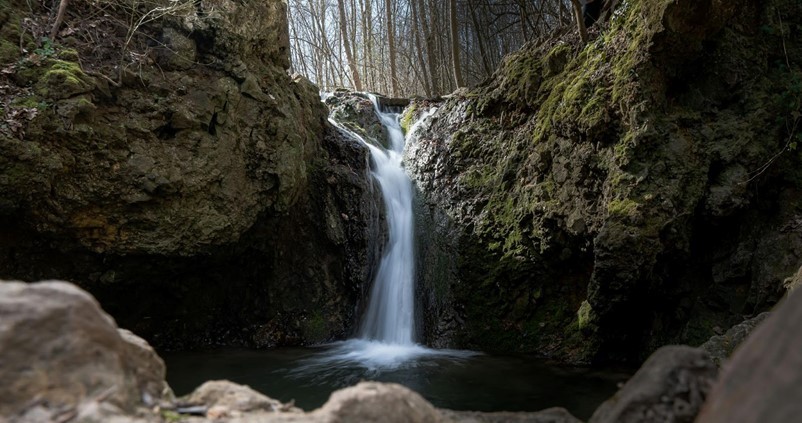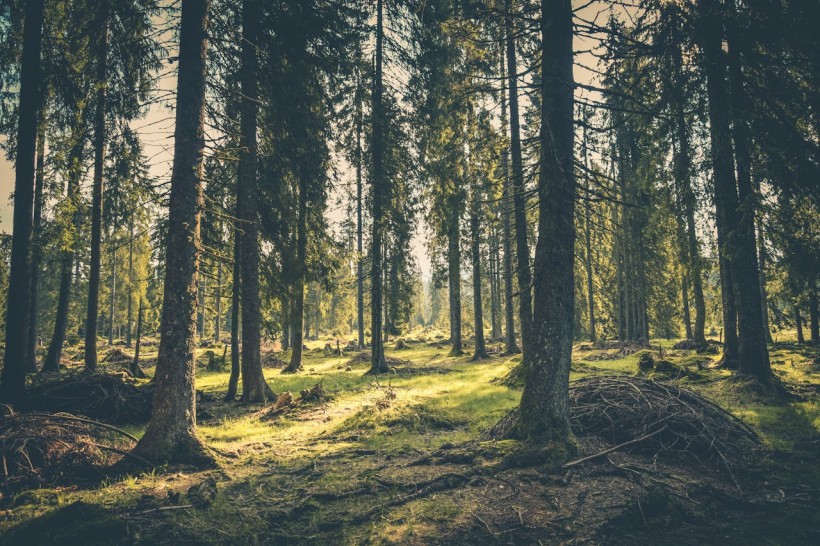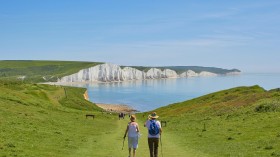
Getting outdoors can offer so much more than just a breath of fresh air. The healing power of nature, in all its forms, is widely recognized, whether through going for a quick stroll or participating in nature therapy programs. If you're interested in learning how nature can improve your physical and mental well-being, ecotherapy can show you how.
What is Ecotherapy?
Ecotherapy, also known as nature therapy, is a therapeutic experience that uses nature-based activities and therapy programs to help relieve stress, anxiety, and other mood disorders while improving overall physical and mental well-being. For those pursuing a career in healthcare, integrating knowledge from family nurse practitioner online programs with ecotherapy practices can offer a holistic approach to patient care.
Defining Ecotherapy
Ecotherapy differs from simply spending time in nature. It is organized by trained professionals and sessions take place in green spaces, either in groups or individually. There is no single way to practice ecotherapy as long as it involves finding some sort of connection to the environment. Nature therapy can also be integrated with other types of mental health therapy.
History of Ecotherapy
Although the term "ecotherapy" is fairly recent, gaining popularity in the 1990s, the healing properties of nature have been recognized for thousands of years. Ancient civilizations and indigenous cultures worldwide have long understood the therapeutic benefits of nature, and many contemporary wellness approaches have evolved from ancient healing practices connected to the natural world.
How Does Ecotherapy Work?
The practice of ecotherapy depends entirely on the individual. Sessions can be formal in their approach or more casual and it's important that you participate in activities you enjoy. Sessions can take place in forests, fields, valleys, or any other natural environment. They can even be conducted indoors if the right sort of atmosphere is created.
Many ecotherapy sessions work on the principle of giving back to nature in return for the healing benefits we receive. This conservation work might involve planting trees or cleaning up polluted rivers and seas. Ecotherapy provides both physical and mental health benefits, helping to create a sense of purpose and hopefulness.
Physical Benefits
Spending time in nature encourages physical activity, which is beneficial for heart health, muscle strength, and lung function. Exercise also has a positive impact on sleep patterns contributing to healthier sleep hygiene. The combination of fresh air and exercise is also beneficial for pain management.
Mental Health Benefits
Research shows that ecotherapy can help reduce symptoms of depression, anxiety, and PTSD (Post Traumatic Stress Disorder). Practising mindfulness in natural surroundings encourages us to immerse ourselves in nature, helping us to detach from work or life stresses and can leave us feeling calmer and more positive.

Who is Ecotherapy for?
Ecotherapy can benefit most people suffering from stress-related illnesses and burnout. It is effective for those suffering from depression and other mental health problems and has been linked to reducing ADHD symptoms in children. Nature therapy is also used to manage chronic pain, providing relief for those undergoing medical procedures and those in recovery.
What are the Different Types of Ecotherapy?
There are many different types of ecotherapy making it accessible for most people.
Forest Bathing
The concept of forest bathing involves guided immersive sessions among the trees, encouraging the use of all five senses to create a mindful experience. This practice promotes relaxation and helps you let go of lingering stress.
Wilderness Therapy
Wilderness therapy uses outdoor expeditions and activities to support personal growth and build self-esteem through coping techniques and therapeutic skills. Activities can be anything from hiking and camping to rock climbing and canoeing.
Animal-Assisted Therapy
The therapeutic effects of spending time with animals can have a huge impact on mental well-being. Whether simply petting or grooming an animal or working on a farm, animals can have a calming effect and have been shown to reduce aggression in some people.

Green Exercise
Green exercise involves taking part in a physical activity whilst outdoors. Although it may not be supervised by a trained therapist, the benefits are similar. You can walk, run, cycle, or ride alone or in groups, encouraging social interaction, perhaps as part of an organized wellness vacation.
Nature Meditation
Meditating in an outdoor environment offers all the benefits of traditional meditation, with the added bonus of breathing in the fresh air and listening to nature's sounds, like birds singing and wind blowing through trees. You can be still, walk, or practice yoga, either alone or in a group.
Ecotherapy isn't limited to the above practices. If you would like to explore other activities, you could try horticultural therapy, nature arts and crafts, therapeutic farming, or conservation work.
Where Can I Practice Ecotherapy?
Where you practice ecotherapy depends on your practitioner and the type of nature therapy you are interested in. You may prefer more adventurous group activities or find solace in quiet mindfulness exercises on your own.
While ecotherapy usually involves guidance from a trained therapist, you can also create your own outdoor therapy experiences.
Solo Ecotherapy Practices
If you prefer solitude, you might enjoy gardening or simply sitting and listening to the birds. Birdsong has been shown to enhance well-being and happiness. For those who enjoy being outdoors at night, try 'dark nature' activities like stargazing. You can also bring nature indoors by adding plants, flowers, or pictures of natural scenes to your home.
Consider joining community programs such as volunteering for local park projects or walking dogs for animal welfare organizations. When immersing yourself in nature alone, always prioritize your safety and take the necessary precautions.
Guided Ecotherapy Programmes
If you decide to opt for a guided ecotherapy program, you will first need to find an experienced therapist. They will want to discuss your goals, preferred practice locations, and suitable types of therapy. A good therapist will help guide you through the process and inform you of your options.
Ecotherapy and You
Ecotherapy provides an effective way to improve both mental and physical health. By integrating nature into your routine, you can start to experience a new level of wellness. Whether you prefer solitude or guided sessions, find a form of ecotherapy that suits you and start to enjoy all the health benefits that nature has to offer.
© 2024 NatureWorldNews.com All rights reserved. Do not reproduce without permission.
* This is a contributed article and this content does not necessarily represent the views of natureworldnews.com





